Through our programs, YIVO makes discoveries and treasures from our collections accessible and fosters the creation of contemporary Jewish culture. Explore our upcoming events below.
Be the first to know about upcoming programs and special events by signing up for our email list.
Watch recordings of previous events.
Follow us on Facebook, Twitter, and Instagram.
Subscribe to our YouTube channel.
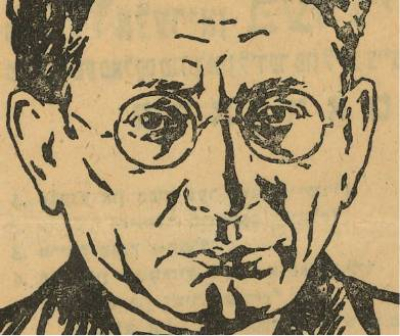
Leo Zeitlin and the Music of His World
Join YIVO for this concert featuring a variety of chamber and vocal music by Leo Zeitlin, best known for his Eli Zion for cello and orchestra, performed alongside works by composers with whom he was in dialogue.
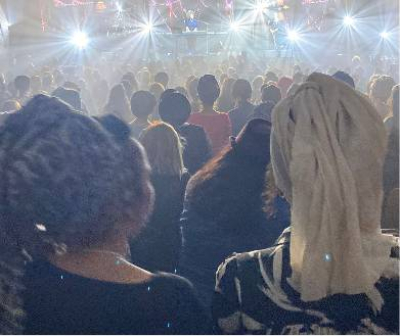
"If It Was with Men, It Would Totally Miss the Point": Religious Women's Selichot Events in Israel
This presentation by Dr. Naomi Cohn Zentner and Dr. Abigail Wood examines selichot events in Israel that are by, and for, women.
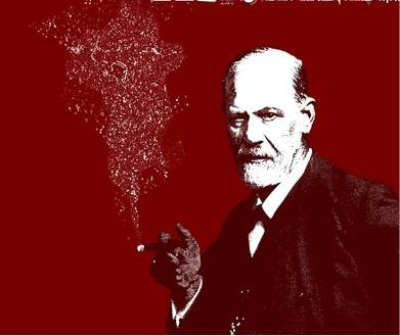
Outsider: Freud
Through animation and expert commentary, this documentary by Yair Qedar follows Sigmund Freud’s path as a Jewish intellectual in Nazi-era Vienna, witnessing how persecution and exile influenced his groundbreaking theories on the human mind.
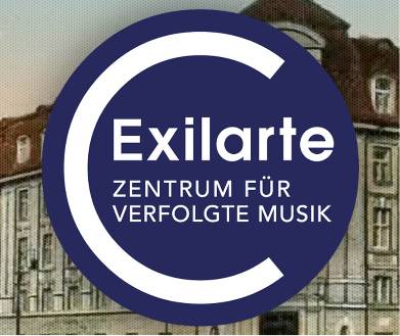
Celebrating Vienna’s Center for Banned Music
This concert honors the voices of those composers, performers, music researchers, and theater artists who were considered “degenerate” and were silenced by the Nazis during the Third Reich.
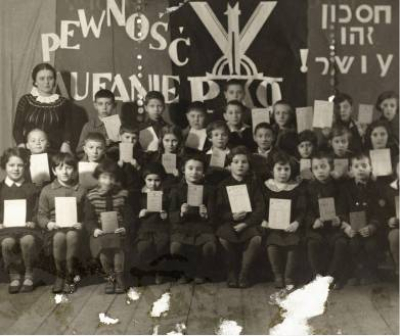
Educating for an Uncertain Future in Interwar Poland
In this lecture, Elena Hoffenberg draws upon materials held by YIVO to explore how projections about the future in terms of work, culture, and politics guided parents, educational activists, and young people themselves.
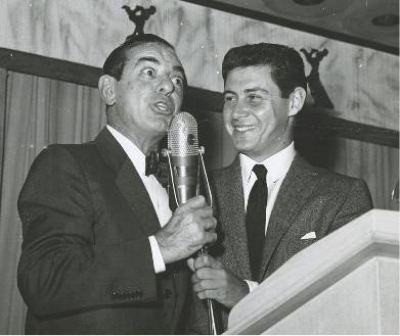
English Jokes, Yiddish Punchlines: American Jewish Humor
Eddy Portnoy elucidates the history of a distinctly American Jewish joke telling phenomenon in which the bulk of a joke is told in English, but the punchline is delivered in Yiddish and explores some of the reasons for the existence of this comedic phenomenon.
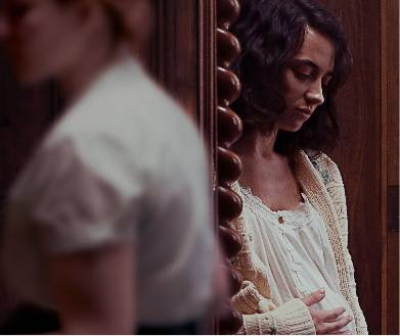
The Woman from Hamburg
This short film by Michael Masarof follows a Jewish Holocaust survivor who is hidden by a Polish couple, coerced into motherhood, separated from her child, and decades later reunited in a fraught encounter that explores survival, trauma, and inherited memory.
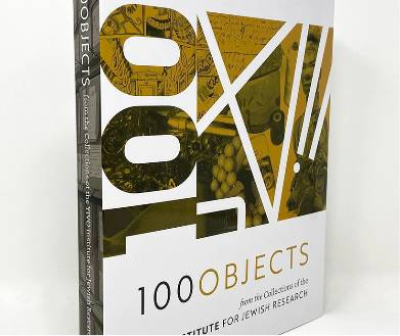
Celebrating 100 Years of YIVO
Join YIVO’s Director of Collections Stefanie Halpern for a discussion that highlights how YIVO’s centennial coffee table book traces the organization’s role in documenting key moments in modern Jewish history and culture through its 100 years of collecting.
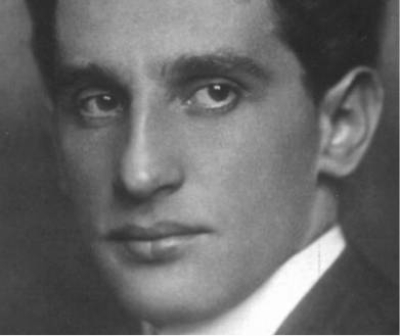
Jewish Songs and Dances for Piano: Juliusz Wolfsohn’s 'Paraphrasen' - Book II
Ryan MacEvoy McCullough performs Book II of Juliusz Wolfsohn’s Paraphrasen, a collection of 12 virtuosic piano fantasies based on Yiddish folksongs.
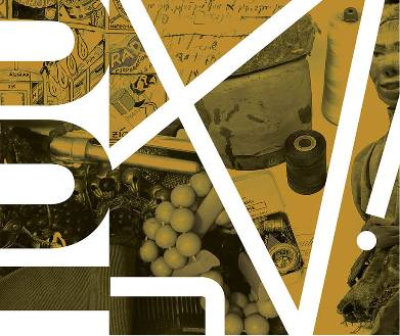
Treasures of the YIVO Archive: A Century of Jewish History through 100 Iconic Objects
Join Stefanie Halpern for a discussion that highlights how 100 Objects traces YIVO’s role in documenting key moments in modern Jewish history and culture through its 100 years of collecting.
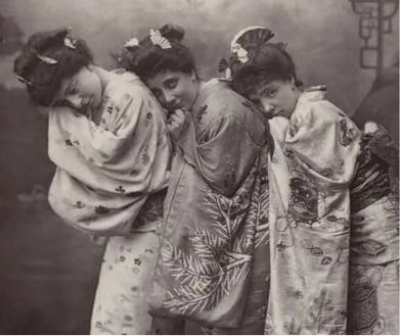
‘Making a Scene’: Returning a Jewish Comic Opera Star to the Stage
Danielle Padley gives an overview of Leonora Braham’s life on- and off-stage and describes the reasons for and methods involved in giving her a platform beyond traditional scholarly materials.
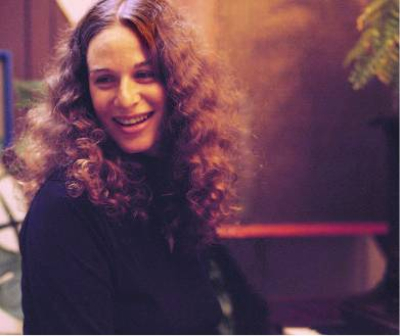
She Made the Earth Move: Carole King and Jewish Identity
This presentation features a book talk by journalist and author Jane Eisner on Carole King: She Made the Earth Move, in which she traces the professional accomplishments and personal challenges of pop icon Carole King, exploring her unique contribution to American music.
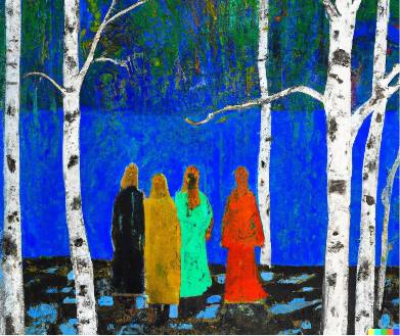
InsightALT: “Tevye’s Daughters”
Inspired by the darker, grittier stories by Sholem Aleichem not included in Fiddler on the Roof, this concert performance of Tevye’s Daughters, a new opera by Alex Weiser and Stephanie Fleischmann, centers on the tale of the beloved milkman’s younger daughter Shprintse.
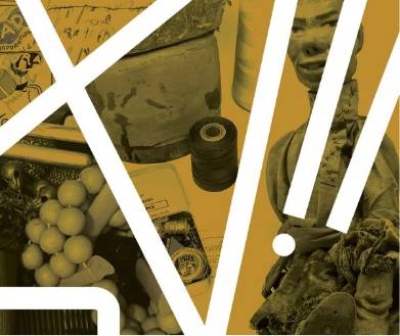
100 Objects from the Collections of the YIVO Institute for Jewish Research
Join Stefanie Halpern for a talk detailing the unique manuscripts, photographs, objects, and other ephemera in YIVO’s centennial coffee table book.
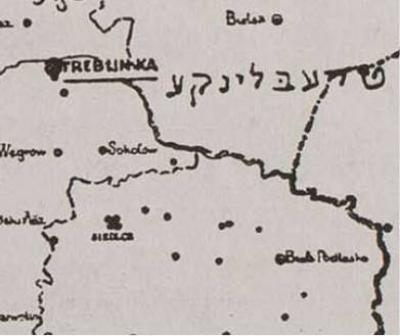
Holocaust Distortion in Poland: A Comparative European Perspective
By comparing developments in Poland with those in other European countries, this lecture by Jan Grabowski highlights both shared patterns and national specificities in confronting the Holocaust.
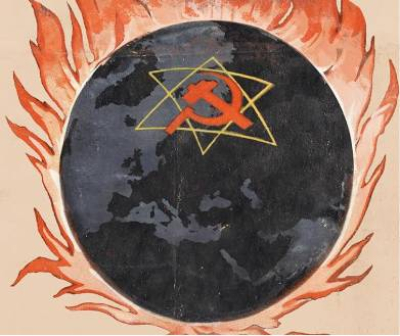
Nazi Germany, Soviet Russia, and the Fate of the Jews
Jochen Hellbeck reframes the historiography of World War II by showing how Nazi Germany’s preoccupation with destroying Soviet Russia drove its campaign of mass extermination and shaped the ideological and military center of the war on the Eastern Front, in a discussion led by Jeffrey Veidlinger.
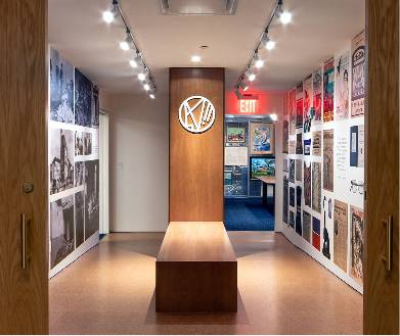
YIVO Learning and Media Center Archival Box Lesson
Using the YLMC’s Archival Box Lessons, Susannah Trubman leads a guided lesson on the history of the Yiddish theater in Eastern Europe and one of its early pioneers, Esther Rokhl Kaminska.
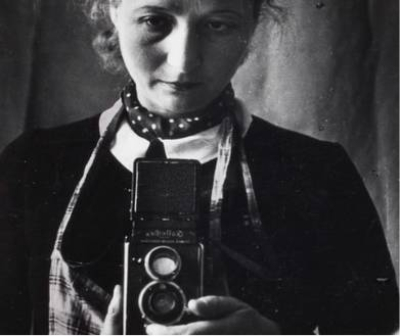
You Have Courage, Madame
Based on the Yiddish testimony from the Fortunoff Video Archive for Holocaust Testimonies of Polish-Jewish photojournalist Julia Pirotte, this short film by Asaf Galay examines her life and work by tracing her journey through Poland and France.
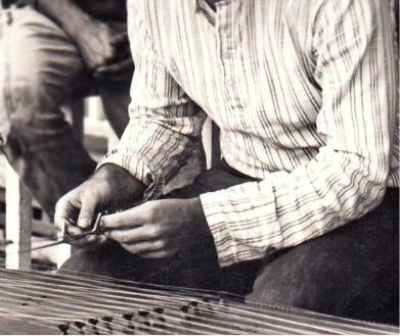
Klezmer and Other Displaced Musics in America
In this lecture, scholar and performer Walter Zev Feldman explores the vibrant, yet largely concealed, musical culture of the klezmer revitalization in New York, Philadelphia, and other American cities in the 1960s.
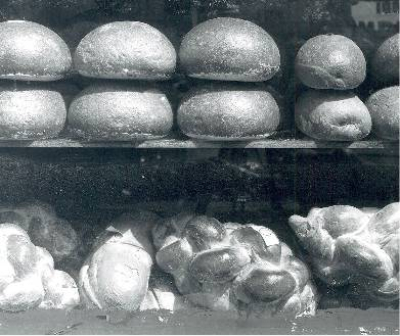
Ashkenazi Jewish Food
Darra Goldstein surveys how Ashkenazi Jews adapted to life in America by adopting unfamiliar ingredients and engaging in debates about nutrition and the importance of domestic traditions, all the while keeping the beloved flavors of the Old Country intact.
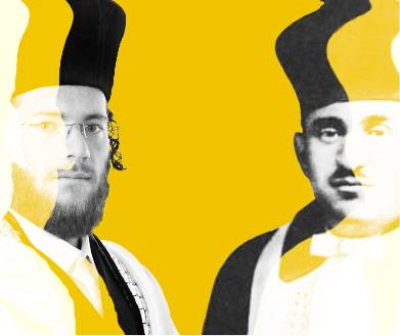
The Cantorial “Golden Age” in America
In this lecture demonstration, scholar-musician Jeremiah Lockwood discusses some of the major stars of the cantorial “golden age” in America.
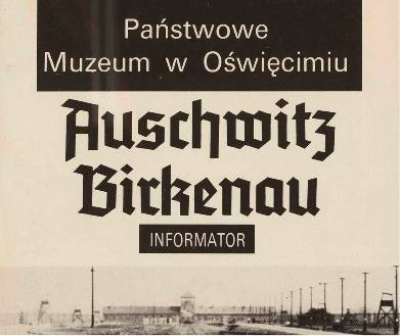
The Future of Holocaust Memory: Poland and Beyond
Jan T. Gross, Elżbieta Janicka, and Jan Grabowski address the evolving challenges facing Holocaust remembrance amid political polarization, historical revisionism, and generational change in Poland and throughout Europe.
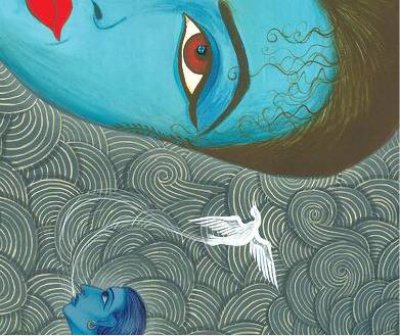
Songs of Translation: Bene Israel Performance from India to Israel
Anna C. Schultz explores sonic translation among the Bene Israel through the metaphor of the echo — a resonant, transformative, relational phenomenon.
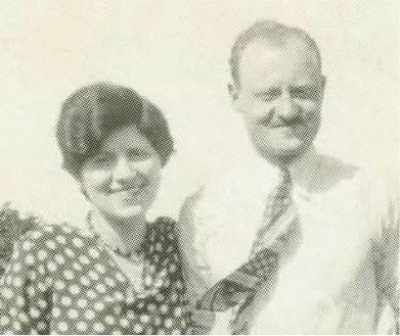
Musical Memoir
Join us for a special concert of Coney Island Days (2022) by Alex Weiser and the New York premiere of Muriel’s Songs (2023) by Eric Chasalow, two song cycles that commemorate the composers’ grandmothers and detail how they navigated 20th century American Jewish life in New York City, opening with Joan Tower’s Petroushskates (1980).
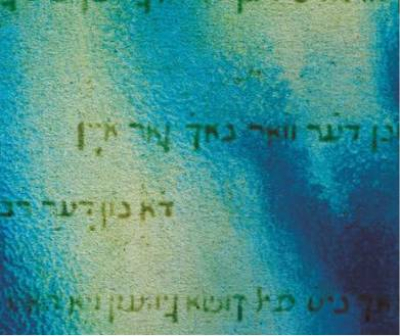
The Afterlife of Yiddish in German-Jewish Culture, 1818–1938
Aya Elyada, in a discussion led by Samuel Spinner, analyzes how German-speaking Jewish authors, scholars, and intellectuals continued to engage with and reinterpret Yiddish literary heritage after it declined as a spoken language.
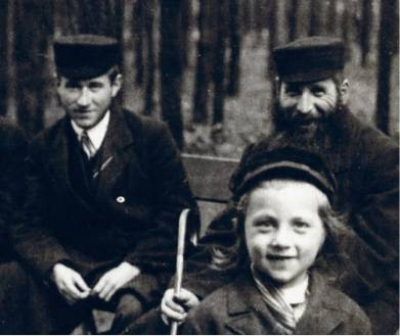
Menachem Kipnis: Yiddish Folklore and Photographs from Interwar Poland
Sheila E. Jelen and Raphael Finkel examine the life and work of Eastern European ethnomusicologist, folklorist, and photographer Menachem Kipnis, in a discussion led by Natan M. Meir.
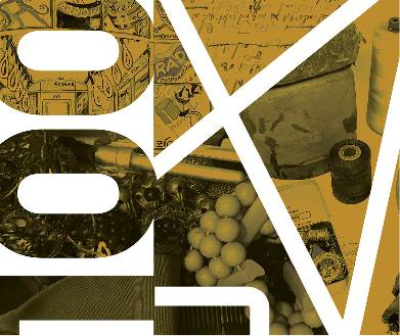
100 Objects from the Collections of the YIVO Institute for Jewish Research with Stefanie Halpern
Stefanie Halpern discusses 100 Objects, exploring modern Jewish history through archival artifacts and YIVO’s century-long role in collecting, preserving, and interpreting Jewish culture.
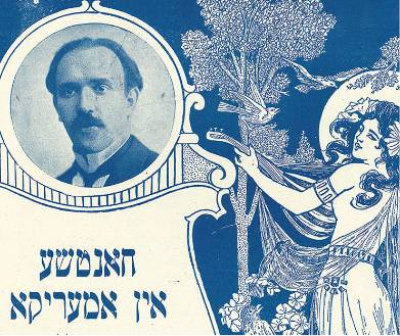
Yiddish Theater, George Gershwin, and the Birth of an American Sound
Ronald Robboy explores the idea that George Gershwin’s internalization of Black Americans’ music was influenced by his early immersion in Yiddish theater.
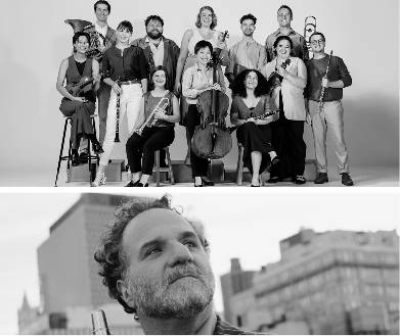
Ensemble Connect Up Close
This performance celebrates YIVO’s 100th anniversary by reimagining the concert experience through a cross-disciplinary collaboration between Ensemble Connect and clarinetist David Krakauer, whose genre-blending artistry spans jazz, klezmer, and classical music.
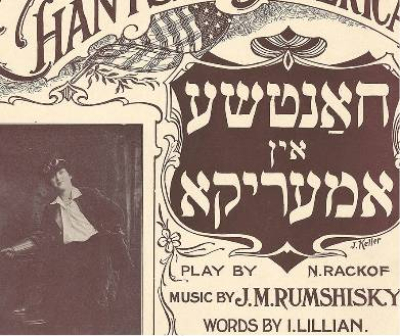
Khantshe in Amerike — An Operetta by Joseph Rumshinsky
Join YIVO for a performance of the music of Khantshe in Amerike, a 1912 operetta that touches on topics including love, gender, women's suffrage, and the changing social status of women in turn-of-the-century America.
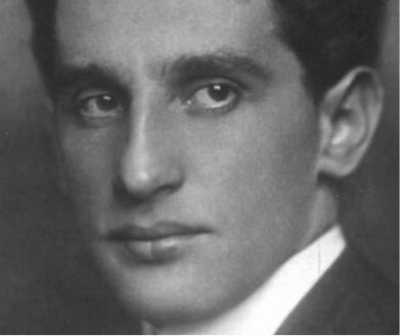
Jewish Songs and Dances for Piano: Juliusz Wolfsohn’s 'Paraphrasen' - Book III
Ryan MacEvoy McCullough performs Book III of Juliusz Wolfsohn’s Paraphrasen, a collection of 12 virtuosic piano fantasies based on Yiddish folksongs.
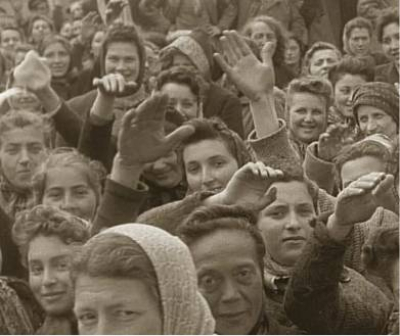
Malka Owsiany Recounts by Mark Turkow
Sandra Chiritescu, in a talk led by Rachelle Grossman, discusses her translation of Mark Turkow’s Malka Owsiany Recounts, a testimony of not only the horrors of the Holocaust, but also the richness of Polish Jewish life.
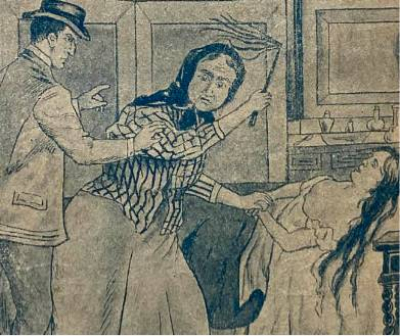
Community Read: The Yiddish Sherlock Holmes
Mikhl Yashinsky leads a community read, featuring selections from the original Yiddish stories of his new translation, Adventures of Max Spitzkopf: The Yiddish Sherlock Holmes.
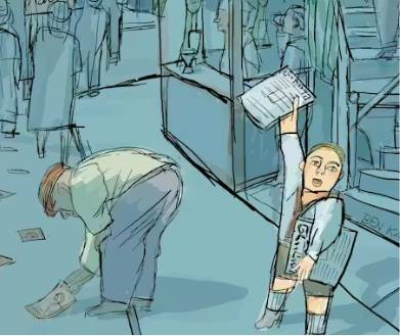
The Interracial Left and the International Workers Order, 1930–1954
Elissa Sampson, Jennifer Young, and Felicia Bevel, in a conversation led by Kate Rosenblatt, tell the story of the International Workers Order (IWO), an organization founded in 1930 to provide life, burial, and health insurance to its members.
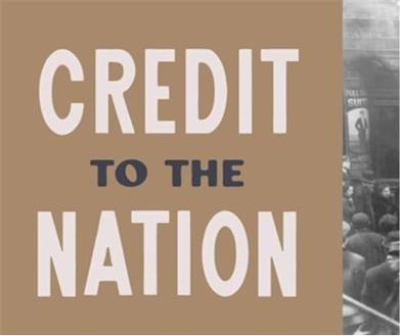
Eastern European Jewish Immigrant Bankers and the Shaping of American Finance, 1873–1930
Rebecca Kobrin chronicles how Jewish immigrants established innovative banking networks that not only financed their own communities’ migration and economic advancement, but also transformed broader American commercial banking practices, in a discussion led by Annie Polland.
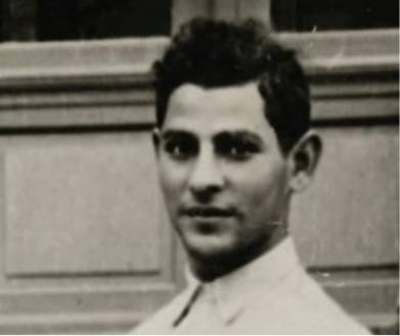
Polish-Jewish Masculinities and the Challenge of Modernity
Mariusz Kalczewiak, in a talk led by Miriam Mora, explores how religion, class divisions, antisemitism, new domesticity, and militarization changed masculine ideas and practices in Eastern Europe between the 1890s and 1930s.
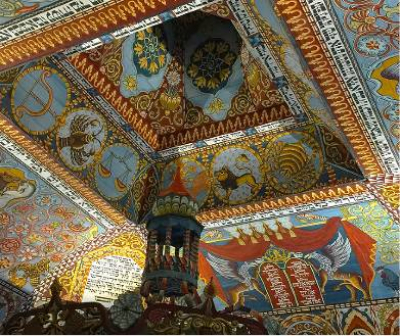
2026 Study Tour of Lithuania & Poland
Join YIVO for an enlightening journey to Lithuania and Poland. Reclaim your heritage as you examine the life that was lived in these lands. View the remarkable history of old Warsaw, Kraków, Vilnius, and Białowieża.
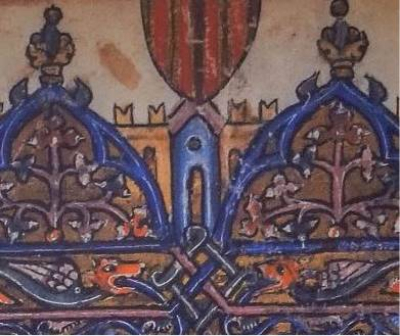
2026 Study Tour of the Balkans
From the renowned Sarajevo Haggadah to the old Jewish synagogues of the Adriatic coast, from the charming lanes of Osijek to the legendary Old Town of Mostar, this trip will offer a revealing look at the little-known but fascinating history of Jews in the Balkans and their resilience in the face of centuries of conflict and upheaval.

2026 Study Tour of Northern Italy
Join YIVO on a journey of discovery across northern Italy, exploring the fascinating, troubled, and glorious history of Italian Jews in the northern tier, unfamiliar to most of us.





